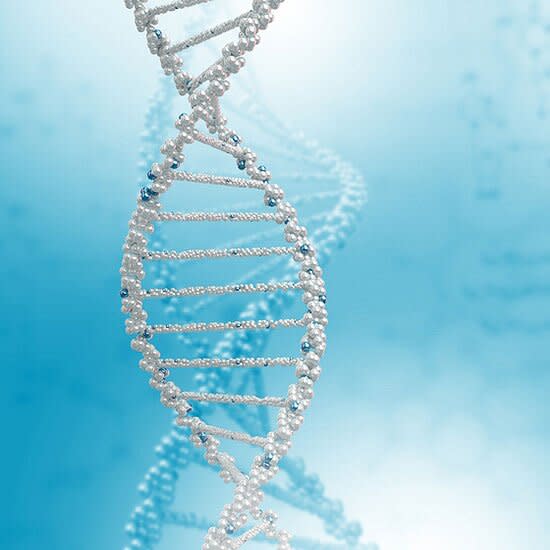Genetic Disorders: All About Sickle Cell Anemia

Veer Images
Q. What is sickle cell anemia?
Sickle cell anemia is a genetic disorder that causes the body to produce abnormal rigid and "C"-shaped red blood cells that can slow down or stop blood flow and lead to pain, infections, and organ damage.
Q. Who gets it?
In order for a child to have sickle cell anemia, both parents must be carriers of the gene mutation that produces it. It's most common in people of African descent, and also Hispanic Americans and those from Saudi Arabia, the Caribbean, and those with South and Central American Indian ancestry.
Q. What's the prognosis?
Children with sickle cell do have a shorter life expectancy than those without it. "Nearly all survive childhood, though they used to die of infection decades ago," says Scott T. Miller, M.D., a pediatric hematologist at SUNY-Downstate Medical Center in Brooklyn, New York. "We have antibiotics and vaccines to reduce this risk. But the best available estimate for the mean life expectancy for a man with sickle cell anemia is 42 years." Complications can include severe chronic pain, labored breathing and wheezing, kidney problems, and stroke.
Q. Are there any treatments?
Yes. Aside from preventive antibiotics given to infants and children to help prevent serious infection, a drug called hydroxyurea has been shown to help in both adults and children. "We've been using hydroxyurea therapy more and more," says Dr. Miller. "It appears to improve life expectancy as well as reducing complications."
Copyright © 2013 Meredith Corporation.
All content on this Web site, including medical opinion and any other health-related information, is for informational purposes only and should not be considered to be a specific diagnosis or treatment plan for any individual situation. Use of this site and the information contained herein does not create a doctor-patient relationship. Always seek the direct advice of your own doctor in connection with any questions or issues you may have regarding your own health or the health of others.
